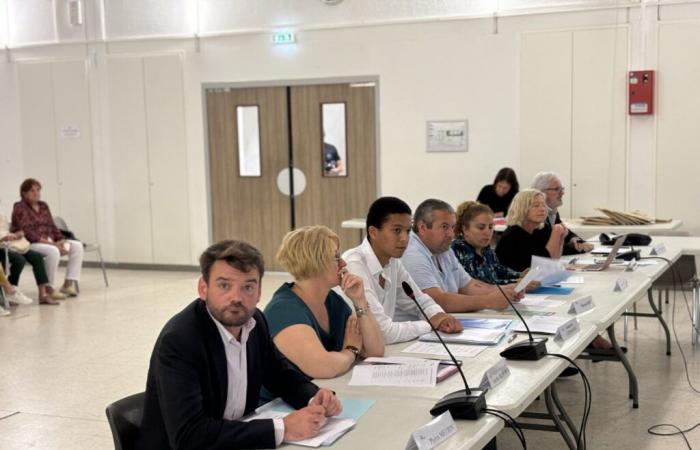The crisis was brewing, it is now coming to light. In an incisive press release, several members of the list of Spiripontain Revivalelected under the label of the National Rally (RN), announce their departure from the group. They denounce authoritarian methods and vertical management of local elected officials by Pierre Meurin, deputy for the 4th constituency of Gard, and Emmanuel LePargneux, head of the group at the municipal council of Pont-Saint-Esprit.
Accusations of authoritarian management and contempt
The press release directly points to the responsibility of Pierre Meurin and Emmanuel LePargneux, accused of monopolizing decisions in defiance of other elected officials and activists. The authors criticize an operation based on “I am a deputy, I know” and arbitrary decisions described as “Pierre said”.
The departure of Aurélie Delwarte, Pierre Meurin's deputy, is cited as an example of a break caused by “personal desires”, a justification considered contemptuous by those who resigned. The latter denounce an inability to dialogue and unite, affirming that internal tensions are the main causes of this split.
A divide within the Spiripontain Renewal list
According to the press release, half of the elected officials from the list of Spiripontain Revival are also said to have left the group. This observation testifies, according to the dissidents, to failing leadership. Pierre Meurin is accused of lacking presence on the ground and of imposing decisions without consultation, while Emmanuel LePargneux is described as a group leader incapable of bringing people together.
A weakened RN label
This divide also raises the question of the future of the National Rally in Pont-Saint-Esprit and in the 4th constituency of Gard. Those resigning are questioning the ability of the RN label to compensate for the “deficiencies” of current elected officials, particularly in view of the next municipal and legislative elections.
Building an alternative
In an approach that they describe as constructive, the dissident elected officials affirm that they want to build a “real solid and viable alternative” for the future of Pont-Saint-Esprit. They call for taking into account citizens' expectations and for a profound change in local political practices.
This split marks a turning point for the RN group in Pont-Saint-Esprit, leaving uncertainty surrounding its local political future. Internal tensions, now public, could further weaken the party in a city where political balances remain precarious.






